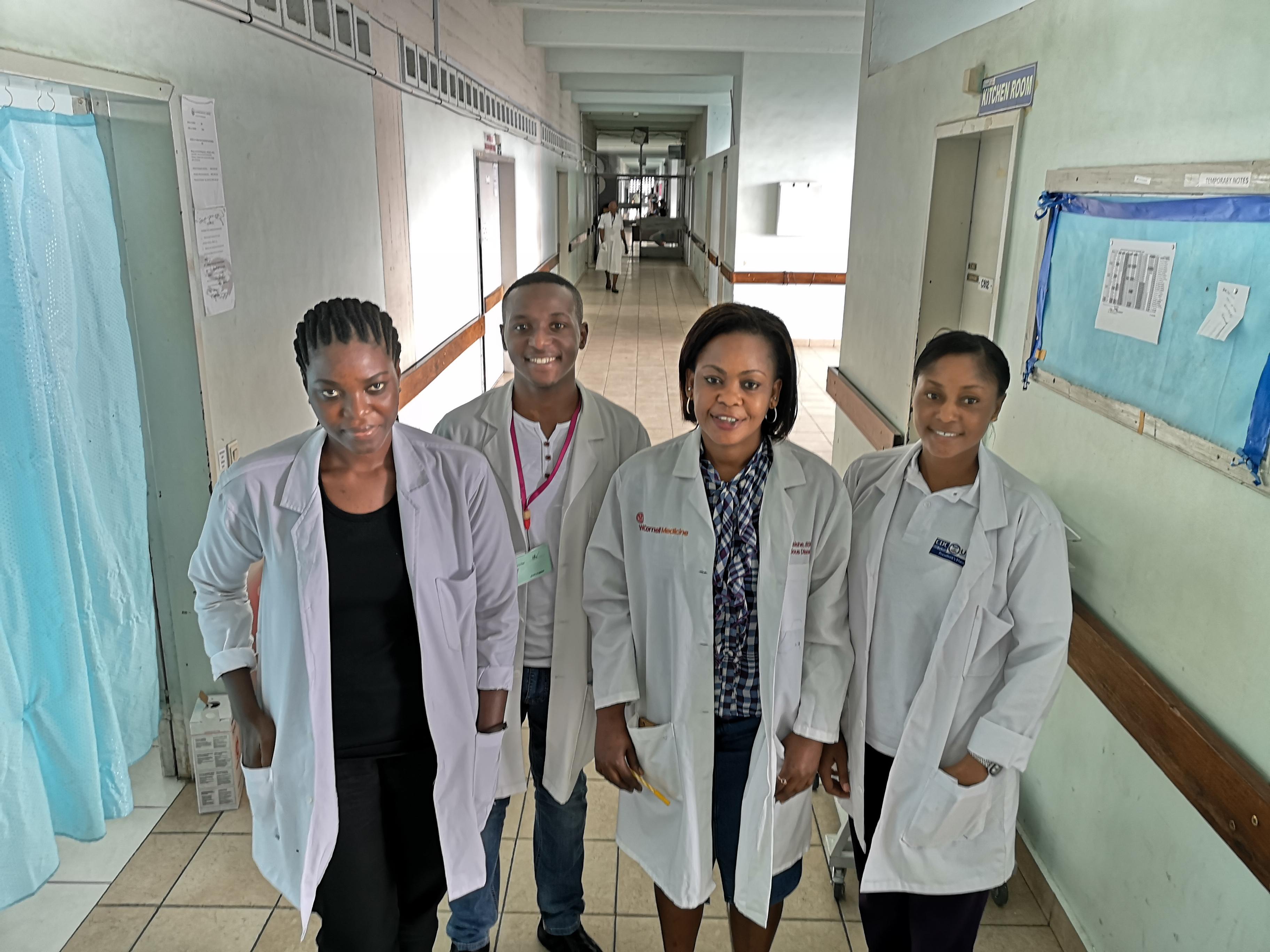Researchers led by Dr. Robert N. Peck, Associate Professor of Medicine in the Division of Global Health, have shown that three months of social worker follow-up support to people hospitalized with HIV in Tanzania had health benefits at low cost. The protocol shortened the time it took participants to attend an HIV clinic and to start on antiretroviral therapy after discharge.
However, the JAMA study published Mar. 6 found that the care benefits didn’t translate to a decrease in mortality after one year. They compared a group that received extended case management intervention with a control group receiving standard care and determined both had the same mortality rate—in each group, 17 percent of participants died.
“The findings show that it’s not enough to get people into the clinic and started on antiretroviral therapy because our intervention was highly effective at doing that,” said Dr. Peck. “Unfortunately, the intervention did not have an impact on mortality. So, if we want to improve survival and reduce these AIDS-related deaths, we're really going to need to do more.”
An accompanying editorial in JAMA noted that the study is among the first clinical trials focused on hospitalized people with HIV to demonstrate several potential, clinically meaningful benefits. “The Daraja intervention makes a valuable addition to the compendium of options that can sustainably and equitably meet people ‘where they are at’ at a time when they may be in greatest need,” the editorial stated. Read the full story from the Weill Cornell newsroom.

Research staff and social workers from the Mwanza Interventions Trial Unit at the Weill Bugando School of Medicine in Mwanza, Tanzania, who supported participants to improve HIV care.

